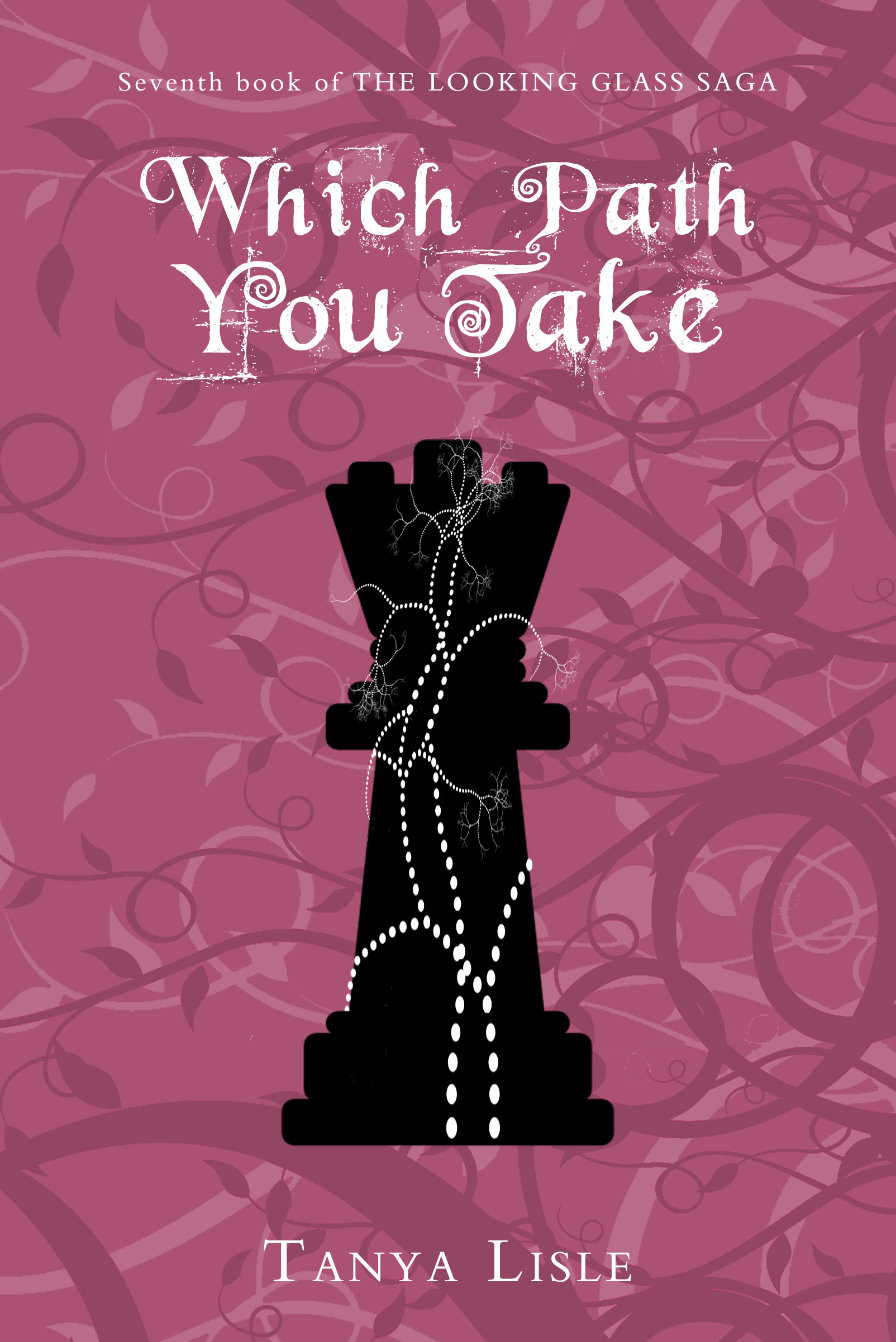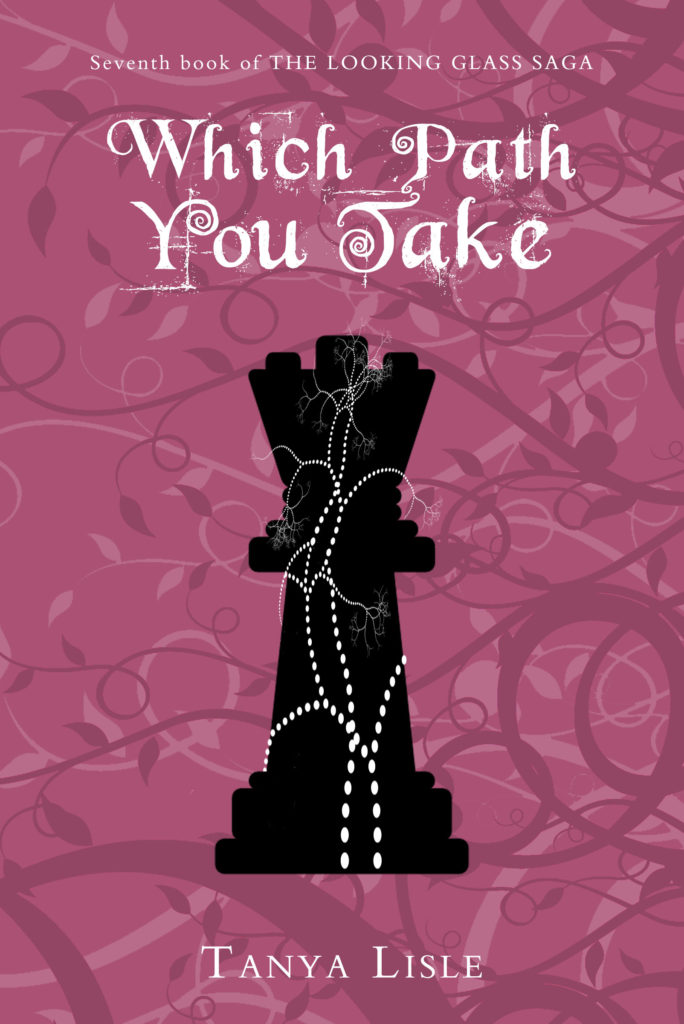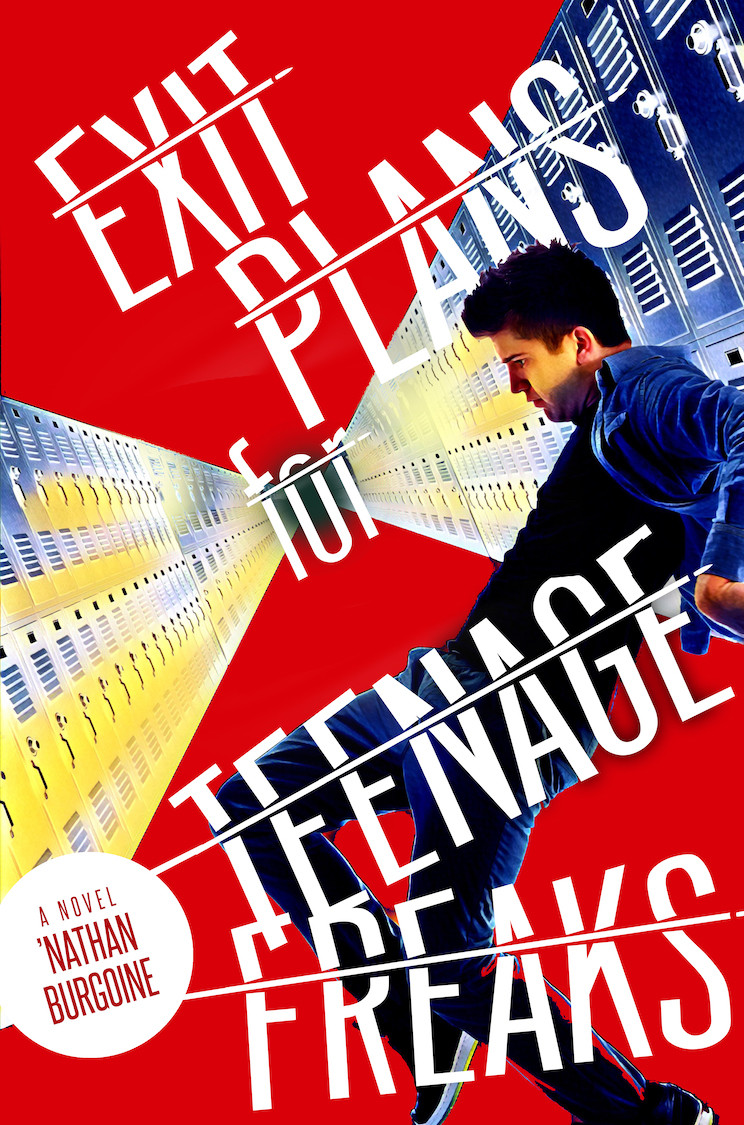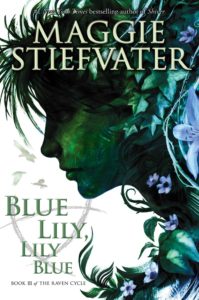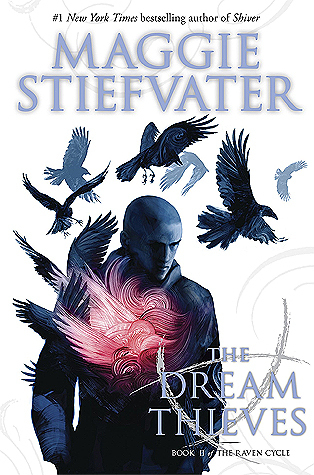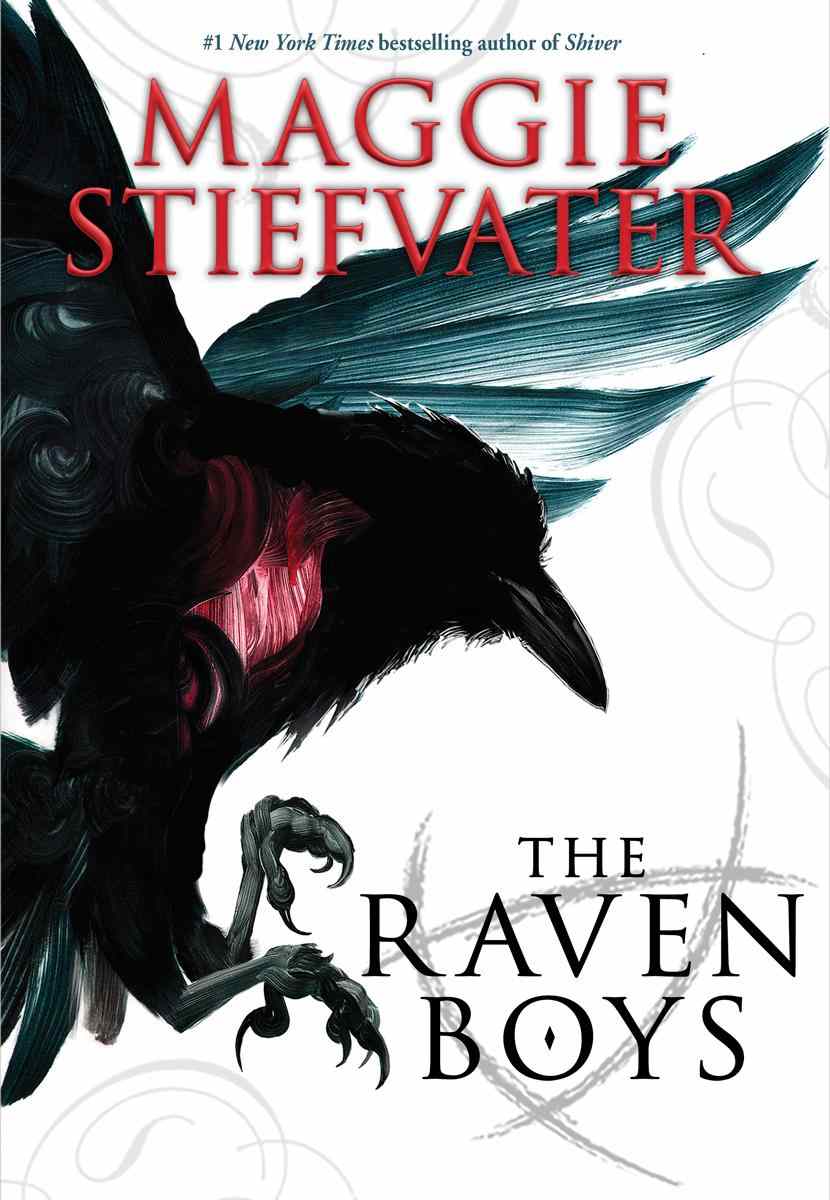
Today in working through the TBR pile, some super villain stuff! Because I need to get a bit more up to date on modern super hero books as research for Cloned Evil.
Vicious follows Victor Vale on his quest for revenge. In college, he and his roommate, Eli Cardale, attempted to give themselves super powers and make themselves ExtraOrdinary, or EOs. They succeeded, but Victor ended up spending the better part of the next decade in jail while Eli went on a quest to murder every EO he could find.
Neither Eli or Victor come across as good people, and I am a fan of it. Victor is selfish and is ultimately driven by his obsession with Eli. His journey to get powers was largely based around his need to be an equal to Eli, and his subsequent revenge has him pointing all of his attention on him.
Conversely, Eli’s motivation is one of a twisted self-righteousness. He thinks he’s been given this power by God and he is doing good work, even as he’s going around and murdering people who have not done anything wrong. He doesn’t really seem interested in Victor so much as the idea of what he represents.
Other characters are more sympathetic. Both of Victor’s companions, the small child and the thug with a heart of gold, are lovely people that help temper his darker impulses and provide a little levity and perspective to the two leads.
The world building is interesting and there’s a feel to it like this is the start of a larger universe. I don’t know if that’s the intent, but with the way the exposition goes into the theory and detail of how someone becomes an EO and why their powers manifest one way or another, it feels like setup for a much larger series than the one that’s being told right now.
The narrative is also a little jumpy. It flickers back and forth in time, telling many distinct stories on top of one another to give you a fuller picture of everything that is happening. It makes sense together, though there are moments where a chapter will end and you’ll have to wait a while before the action picks back up again.
Overall, though, I really liked the story. Definitely worth at least checking out if you like superhero stuff on the darker side.

